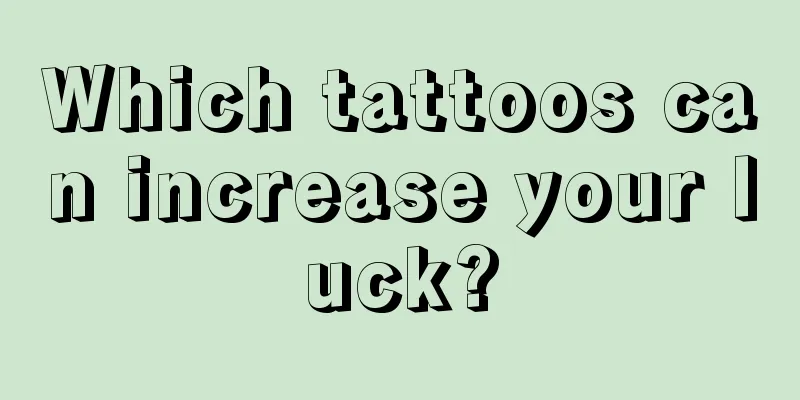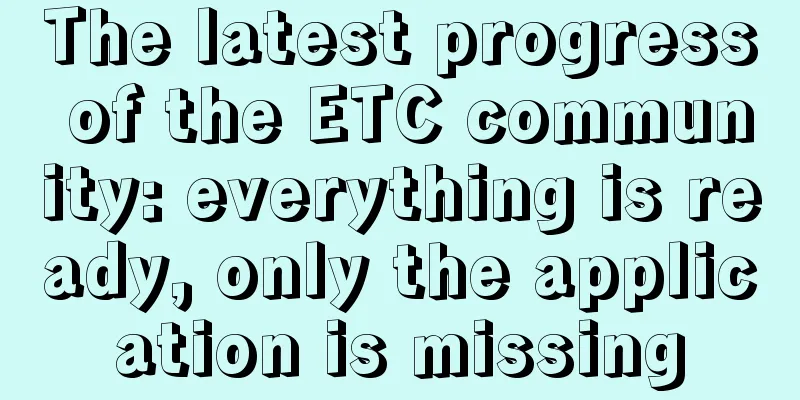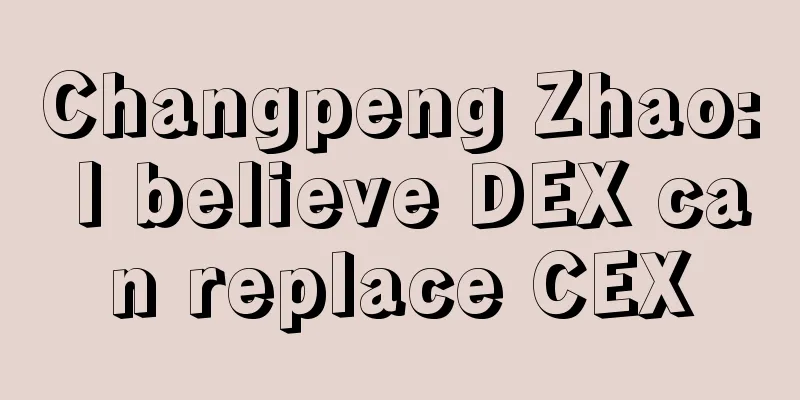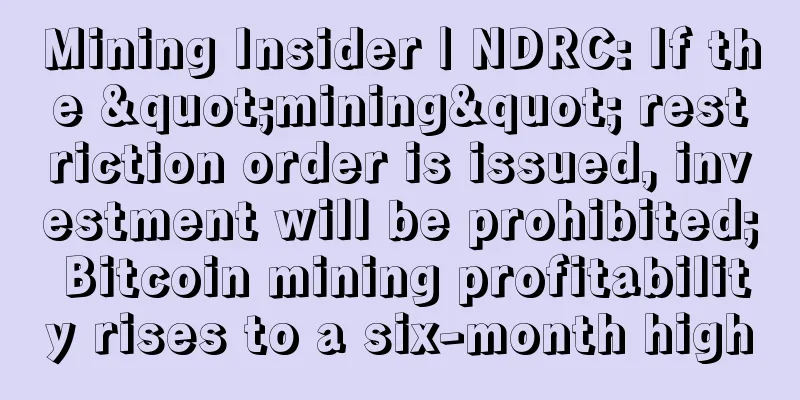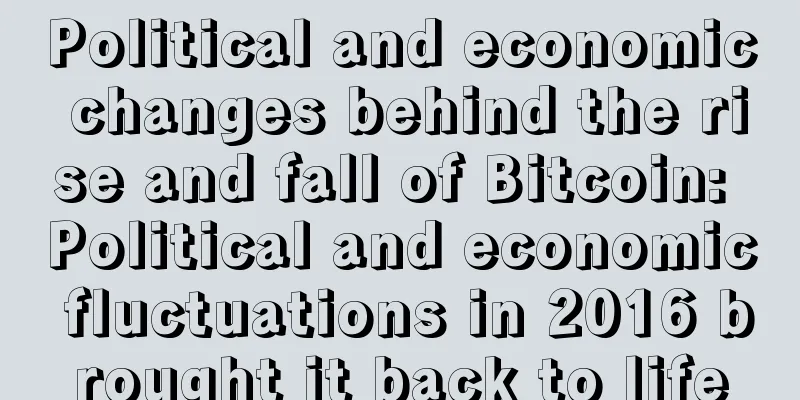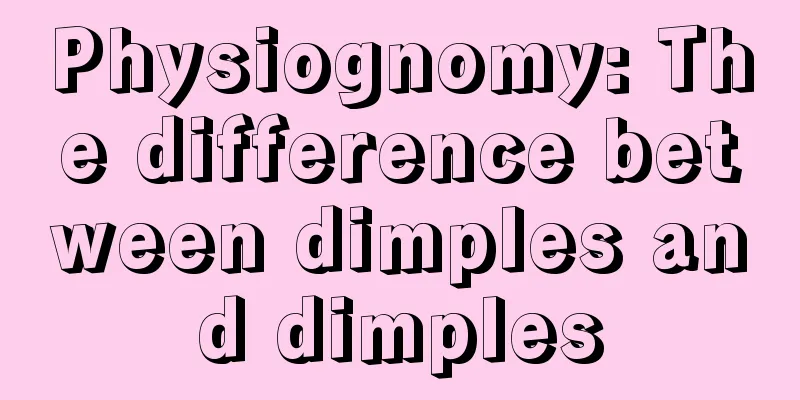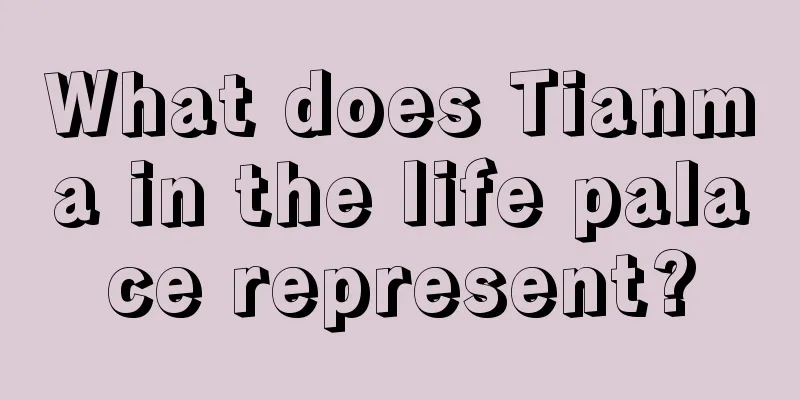OpenLaw co-founder: Why the passage of the DAO bill is so significant
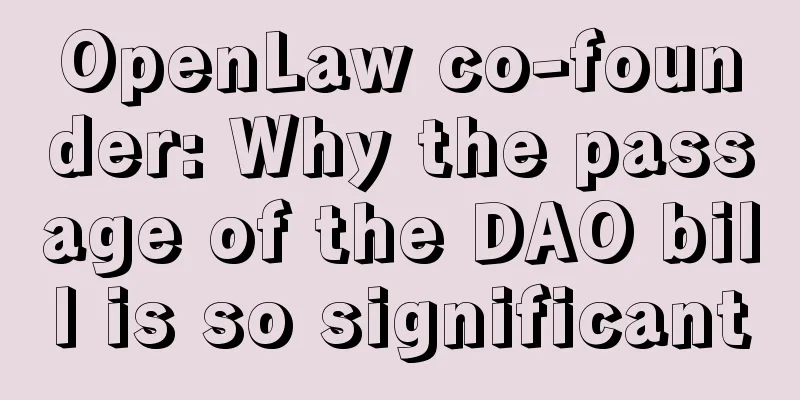
|
OpenLaw co-founder: Why the passage of the DAO bill is so significant Original author: Aaron Wright According to Wikipedia, a decentralized autonomous organization (DAO) is an organization represented by open and transparent computer code. One of its characteristics is that it uses blockchain technology to provide a secure digital ledger to track financial interactions across the Internet, and resists forgery through trusted timestamps and the dissemination of a distributed database. It is worth noting that Wikipedia states that the exact legal status of decentralized autonomous organizations is currently unclear. The bill discussed in this article provides a certain degree of legal support for the existence of DAOs. OpenLaw is a development company that provides blockchain-based legal agreements, integrating legal agreements with smart contracts, and has also launched the first legal for-profit decentralized autonomous organization (DAO) architecture "The LAO". On March 10, 2021, the Wyoming Senate Committee officially voted to pass the DAO Act. OpenLaw co-founder Aaron Wright first posted his live voting video on Twitter, and after the vote was passed, he explained why the Wyoming Senate Committee's formal vote to pass the DAO Act was significant. Lvdong sorted out the original text as follows: This bill makes it possible to create an entity that is actually called “The DAO”; that’s really cool. This means that you will be able to transact with an organization called “XYZ, The DAO”. A DAO can be whatever a developer wants. It can be unified, democratically governed, or algorithmically governed. Even more hierarchical structures can be explored (but, IMHO, that’s not that exciting). The DAO format has no obvious legal constraints. Well-intentioned DAO creators will have great freedom to organize affairs using a variety of legal documents, legal agreements, or smart contracts. This flexibility will enable people to effectively conduct governance and structural design of DAOs. DAOs can operate in the “real world” and manage actual work risk. They are no longer toys; they can be real “players.” DAOs can hire people, and transact with other DAOs — all in ways that are outside the norm. In the long run, the cost of creating a DAO should decrease because the creation of DAOs can be standardized (in terms of smart contracts and legal agreements). Setting up a legally recognized DAO would probably cost a few hundred dollars instead of tens of thousands (at least in the US), which should allow multi-million (or even billion-dollar) DAOs to “bloom.” Wyoming is exploring creating an API that would allow people to register DAOs. If so, then in the near future people will be able to set up their organizations from the command line. DAOs could be run as quickly as docker containers. People can run their organizations on Ethereum, represent assets associated with those organizations on Ethereum, and manage their affairs on Ethereum through this bill and other Wyoming bills. That’s huge. One of Ethereum’s core visions is coming true. |
>>: Prevention and treatment of spring catkins and high temperature in mining machines
Recommend
What is the influence of the face of a loyal and infatuated man?
Some men are obviously philandering at first glan...
A complete list of women's eyebrows and facial features, various facial features explained
Drawing eyebrows, drawing eyebrows, the so-called ...
Complete bone structure - Yutang Yunlei bone
Complete bone structure - Yutang Yunlei bone The ...
People with these faces have good relationships with others but bad career luck
The relationship between popularity and career lu...
Will a woman with a mole on her ear become richer?
People have been pursuing wealth since the beginn...
What kind of hand shape will a person with good fortune have in the palmistry illustrations?
We cannot be a complete person without hands. Hand...
People who are easily distracted when doing things
In life, we get angry when we meet people who are...
MicroBit leads the industry into the 3X era
"Everyone has the most difficult year in the...
Four major types of Bitcoin users: What do they think about the issue of capacity expansion?
Dr Paul Ennis is a Research Assistant at the Cent...
How to read career line
In palmistry , the career line represents a perso...
Witness history! Ethereum's "smooth" merger writes a new chapter in POS
After years of waiting, the expectations were wor...
Illustration of evil moles on a woman's face
What is the position of the moles on our body and...
IRS wants to investigate US digital currency traders’ Coinbase transactions
Rage Commentary : The IRS filed a petition with t...
Blockchain + IoT devices lead to dramatic changes in the supply chain
Combining blockchain technology with interconnect...
How is the love luck of a woman with a hooked nose?
Women with hooked noses are less popular, mainly ...
